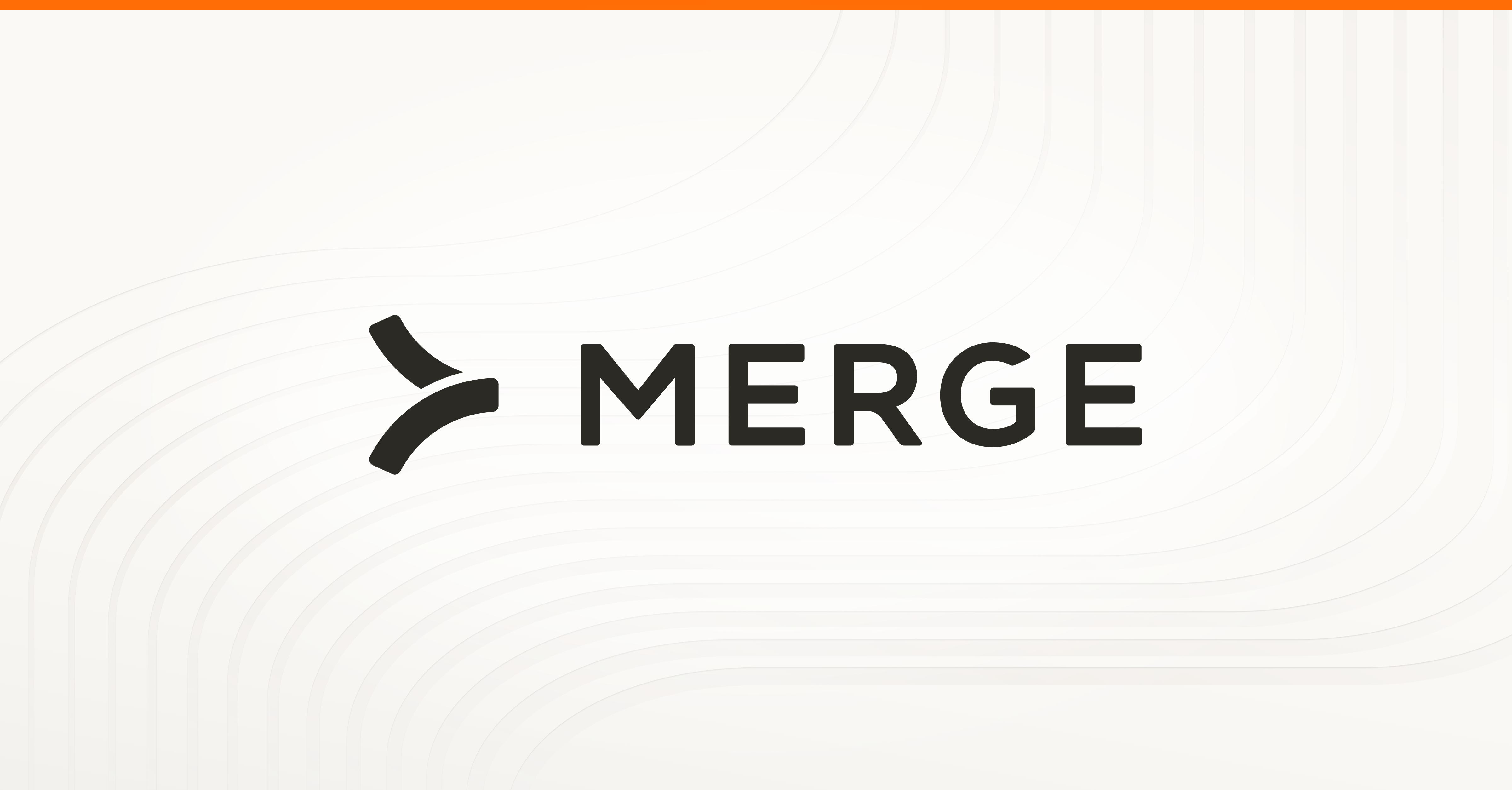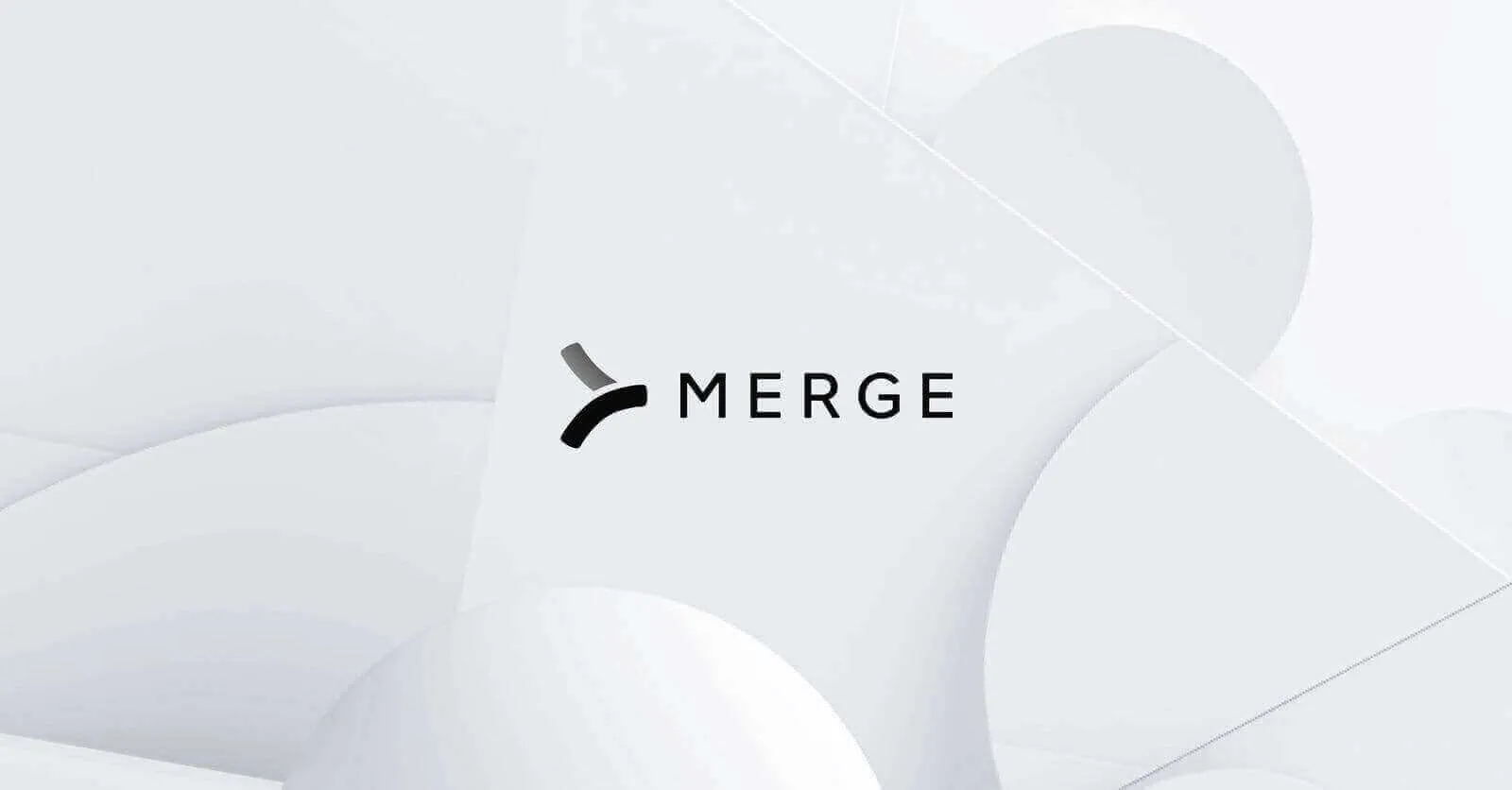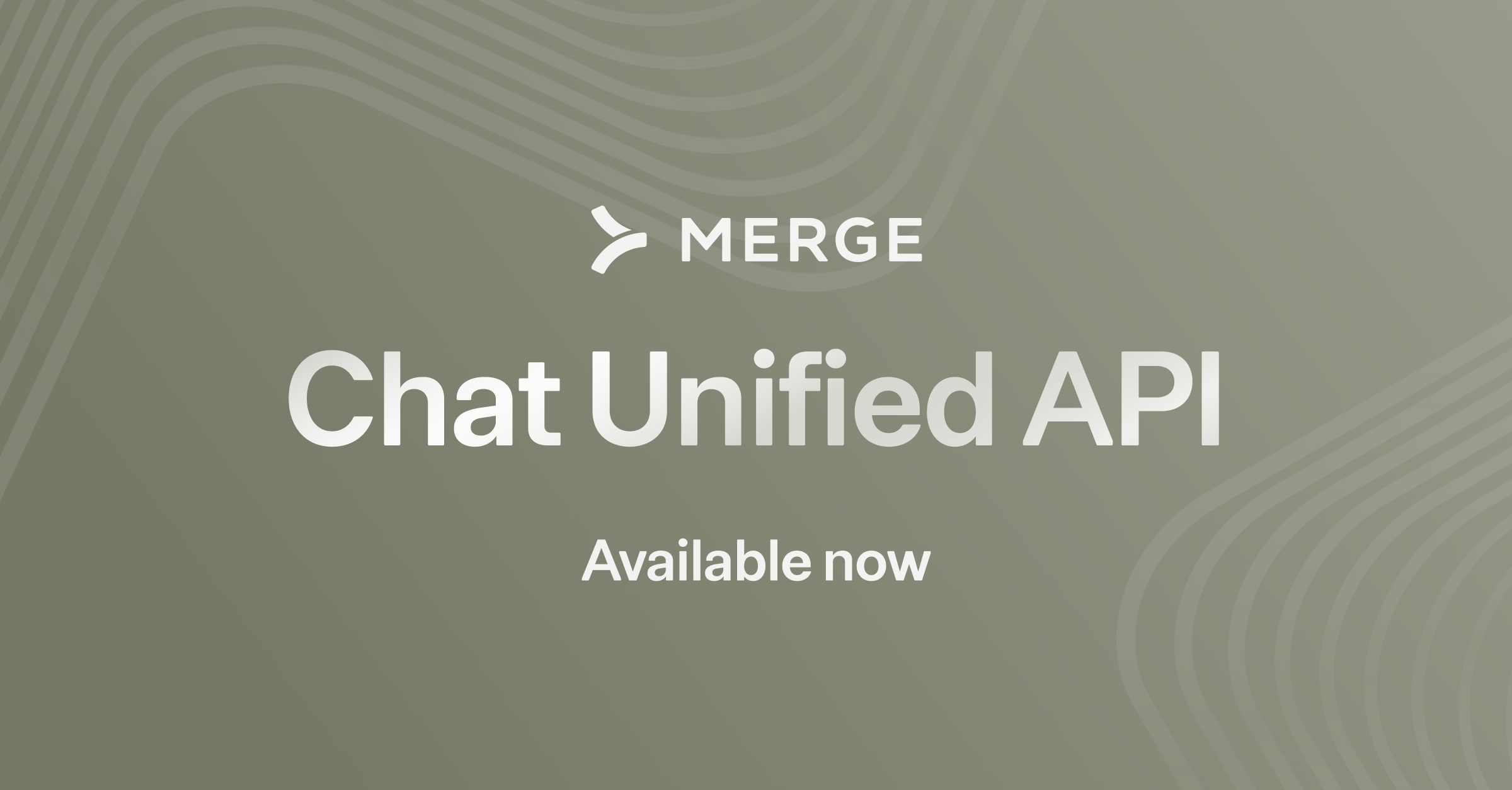How 3 startups leverage AI to support best-in-class products and teams

Your startup can use AI to build a differentiated product, empower different teams, and, ultimately, grow faster than rivals.
Determining how to use AI across your business effectively, however, isn’t always straightforward.
To provide some inspiration, we hosted a webinar with 3 startup co-founders—Rahul Asati of Atlas, Jonathan Fields of Assembly, and Taimur Abdaal of Causal—to learn how their teams and their products use AI.
You can read on to see what they shared.
Related: How to build an AI chatbot
Building out new product features and functionalities
Assembly, which offers a portfolio of HR solutions, uses integration data from customers’ file storage systems to power their AI search capabilities for their intranet solution (which they refer to as “Dora AI”).
This allows Assembly to provide accurate and personalized search results for each user and even share a link to sources in case users want to learn more.

Hear more from Jonathan on why his team decided to use product integration data to support this AI feature:
Similar to Assembly, Causal, a financial planning tool, also leans on integration data to support their AI features.
For example, they built integrations with customers’ accounting systems to help their “AI Wizard'' automatically populate personalized financial models in Causal. This allows customers to get onboarded to the product faster and see value quickly.
Here’s Taimur’s thought process for launching this AI feature:
Finally, Atlas, an all-in-one tool for support teams, uses AI in their product in 3 ways. They have an AI chatbot in their product; a copilot that can automatically tag, assign, and summarize tickets; and AI-powered analysis on support tickets to help users uncover actionable insights faster.
Related: 7 ways to use retrieval-augmented generation
Unlocking time savings and productivity gains across teams
According to Taimur, nearly everyone at Causal uses ChatGPT to automate tedious, day-to-day tasks.
He gave an example from his own work: “Previously, if I had to generate sample data, I’d have to go into Google Sheets, find sample data, and add that data to a sheet. Now I can just prompt ChatGPT to create a certain volume of sample data with specific characteristics, and it does the job.”
At Assembly, “everyone has to use AI,” says Jonathan, as it can offer everyone “a 10-30% improvement in efficiency.”
He gave some specific examples of how their teams meet this mandate: Their engineering team uses GitLab Copilot to help write code; their sales and post-sales teams use ChatGPT to write better emails, faster; and their marketing team uses ChatGPT to help write blog posts.
Jonathan even mentions how first-time managers can use ChatGPT to develop their management skills. He explains that “an LLM that uses all of the data out there can understand the characteristics of what makes a good manager and leader. As a result, it can act as a coach when managers are navigating different experiences.”
Future plans for AI
Each speaker introduced specific product improvements they plan on making through the use of AI.
- Rahul of Atlas says they plan on enhancing their copilot so that it can work across their platform and support even more use cases
- Taimur of Causal says they’ll add an AI-powered prompt box to help users discover specific product features. They’re also planning to allow customers to import financial models from excel or Google Sheets into their product, allowing their AI Wizard to build these models in Causal
- Jonathan of Assembly explains that they’ll add AI features that allow users to receive in-product recommendations based on where they are in their journey with the platform. They also plan to automate a wide range of tasks that admins would normally have to perform themselves
We look forward to seeing each of these startups execute on their ambitious and creative goals with AI over the coming years.
{{this-blog-only-cta}}







.png)
.png)

